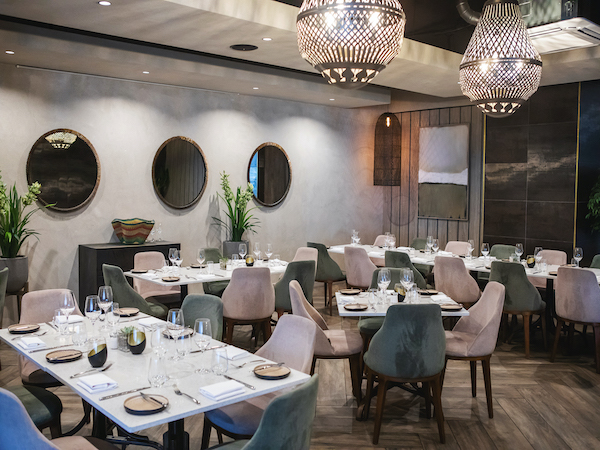News
Restaurants on demand: Could food subscriptions be the future of how we eat?
Thursday, March 4th, 2021The restaurant business has always been precarious, especially in any location that relies on seasonal trade. Whether you run a ski resort pub or seaside ice cream parlour, the dreaded off-season is always looming. The much-used phrase “razor-thin margins” come to mind, but with ever-higher utility bills and rent, food wastage, and a consumer who simultaneously seeks out a deal and high-end fine-dining service, opening a restaurant in 2021 is a business venture (adventure?) only for the brave.
The spread of coronavirus across the world has disrupted and destroyed many food service businesses. We don’t need to spell it out here – we all know that restaurant dining and casual socialising can never be as it was in December 2019.

This reckoning has led many business owners and industry leaders to decry a business model that was all but broken already, managing to proliferate on the backs of low-cost workers and a mostly unregulated work environment.
Some restaurants, notably in the quick-service sector (counter order and sit-down or takeaway), have turned to an all-you-can-eat style subscription model. You pay a larger sum in advance, and in return you get unlimited coffees or other small, portable meals that can be supplied by many outlets and on a regular basis.
Panera Bread in the US were considering the subscription model well before lockdown, and in a post-pandemic age it made perfect sense for them to offer a food subscription that some have likened to “Netflix for food” or “snack streaming”.

Here in South Africa, Kauai has been the first to move in this direction offering both a smoothie and a coffee subscription package via their digital app.
For a fixed sum, you can redeem one 350ml smoothie per day, for a set period of 15 or 30 days. The coffee subscription allows you to redeem one free hot drink every two hours, which is about the maximum anyone should be drinking to be honest.
There are some barriers, which mean that the subscription model is not the panacea for all restaurants. Kauai has spent a lot of money building up a robust app environment that can reliably take payments. Quick service restaurants lie in the sweet spot of convenience food, while offering a more upmarket food menu.
Food or drink subscriptions do offer the potential of great value for the consumer and we think that is where this could perhaps work in South Africa, with a population of diners who are not afraid to spend good money on a meal as long as there is a strong value proposition.
For the time being, though, the majority of South African restaurants, bars and cafés are too small and too local to consider such high-tech solutions. For now, most will rely on standard discount offerings that are, at the very least, guaranteed to get feet through the door.








